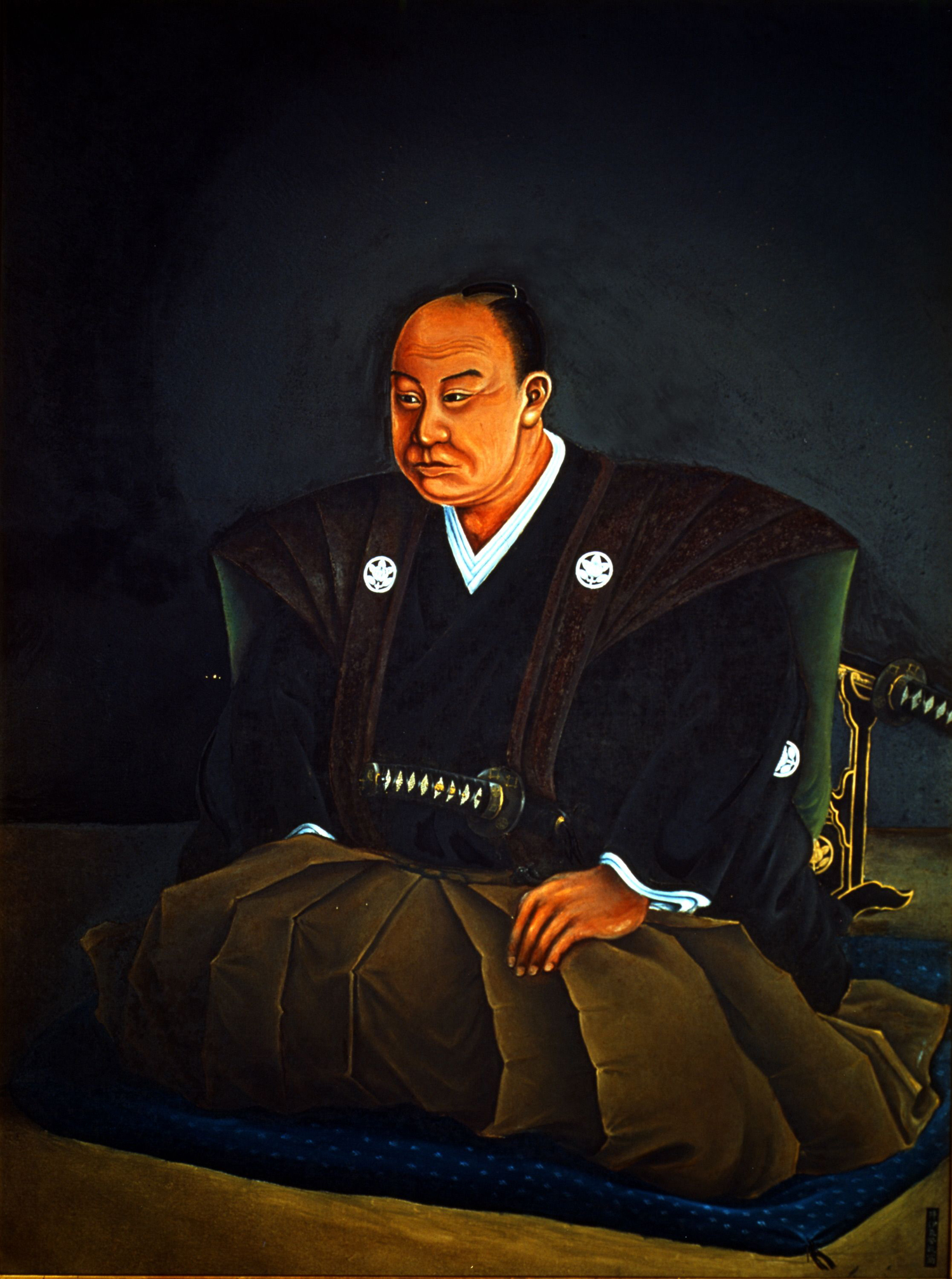|
Tairō
''Tairō'' (, "great elder") was a high-ranking official position in the Tokugawa shogunate government of Japan, roughly comparable to the office of prime minister. The ''tairō'' presided over the governing ''rōjū'' council in the event of an emergency. A ''tairō'' was nominated from among the '' fudai daimyōs'', who worked closely with the Tokugawa traditionally. Generally, the office holder was the shogunate's chief policy maker, and provided Japan with a capable temporary leader in the absence of a ''shōgun'', or in the event that the ''shōgun'' was incapacitated. List of ''tairō'' See also * The Five Tairō Notes References * Cullen, Louis M. (2003). ''A History of Japan, 1582-1941: Internal and External Worlds.'' Cambridge: Cambridge University Press. ; OCLC 442929163* Sansom, George Bailey. (1963). ''A History of Japan: 1615-1867.'' Stanford: Stanford University Press Stanford University Press (SUP) is the publishing house of Stanford University. It ... [...More Info...] [...Related Items...] OR: [Wikipedia] [Google] [Baidu] |
Ii Naosuke was '' daimyō'' of Hikone (1850–1860) and also Tairō of the Tokugawa shogunate, Japan, a position he held from April 23, 1858, until his death, assassinated in the Sakuradamon Incident on March 24, 1860. He is most famous for signing the Harris Treaty with the United States, granting access to ports for trade to American merchants and seamen and extraterritoriality to American citizens. He was also an enthusiastic and accomplished practitioner of the Japanese tea ceremony, in the Sekishūryū style, and his writings include at least two works on the tea ceremony. Under Ii Naosuke’s guidance, the Tokugawa shogunate navigated past a particularly difficult conflict over the succession to the ailing and childless Tokugawa Iesada. Ii Naosuke managed to coerce the Tokugawa shogunate to the last brief resurgence of its power and position in Japanese society before |
